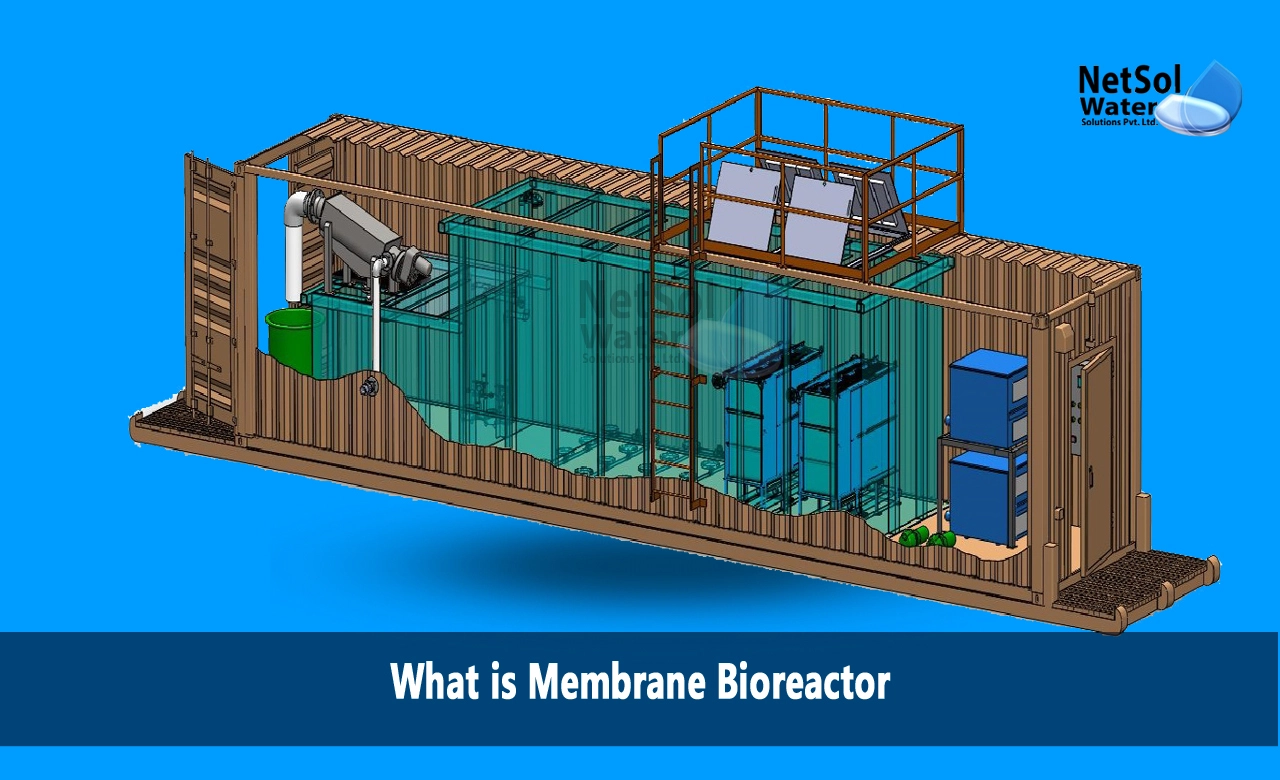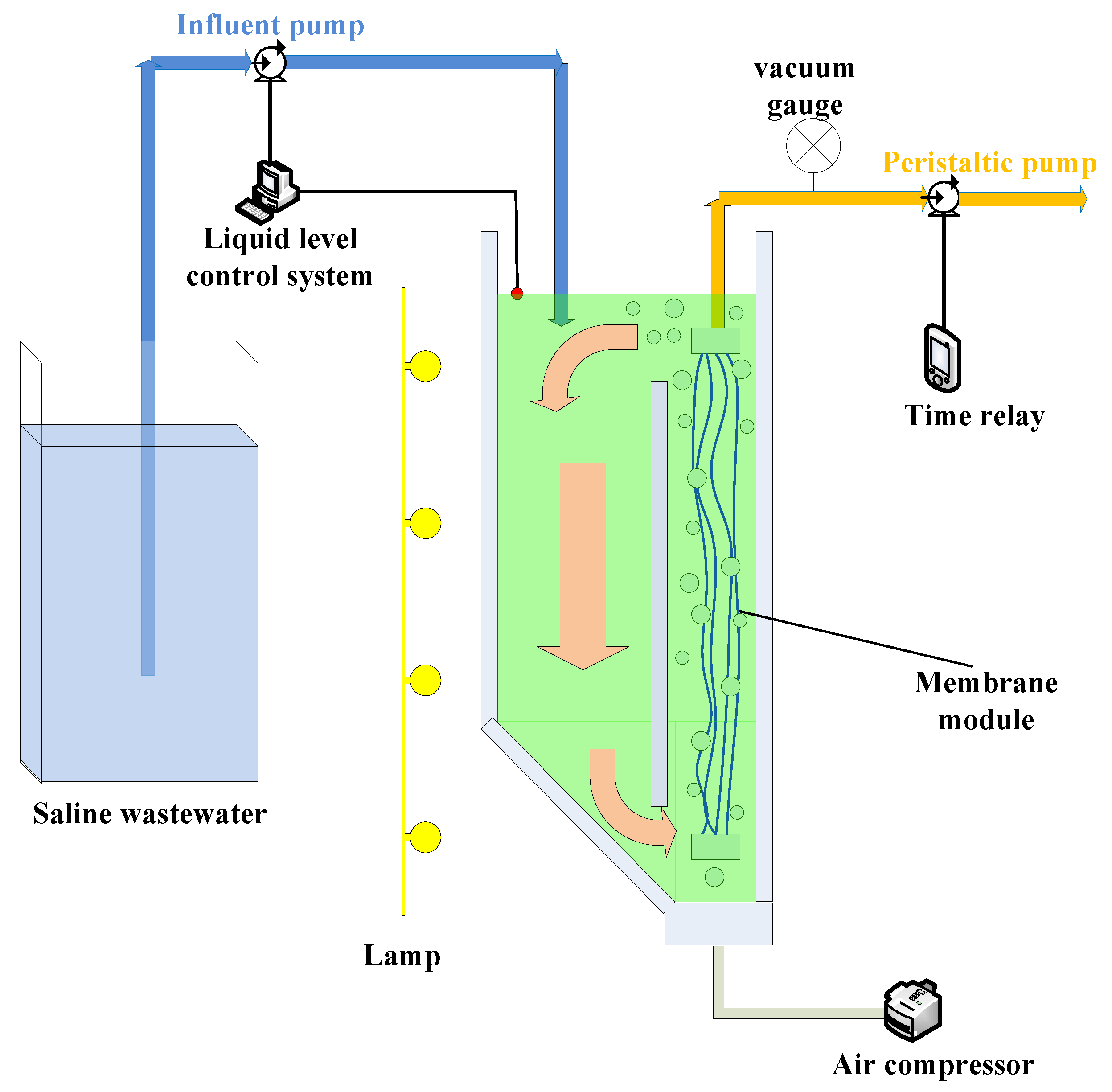The Advantages of Membrane Layer Bioreactors in Lasting Wastewater Management
Membrane bioreactors (MBRs) stand for a crucial development in lasting wastewater administration, successfully merging organic treatment with sophisticated membrane layer purification modern technology. As the demand for lasting options escalates, discovering the complex benefits of MBRs may disclose unforeseen effects for the future of wastewater treatment systems.
Review of Membrane Bioreactors
Membrane layer bioreactors (MBRs) stand for a considerable innovation in wastewater therapy modern technology, integrating organic destruction with membrane filtering to boost the efficiency of the therapy procedure. This innovative system combines the benefits of standard turned on sludge processes with membrane layer modern technology, permitting boosted solid-liquid splitting up. MBRs make use of semi-permeable membranes to separate cured water from biomass, causing high-quality effluent that can be recycled or safely discharged right into the environment.
The operational design of MBRs normally entails a bioreactor where microorganisms damage down raw material, complied with by a membrane layer system that filterings system the combined alcohol. This arrangement not only reduces the footprint of the therapy facility however likewise enables greater biomass focus and reduced hydraulic retention times. Furthermore, MBRs can dealing with a wider variety of contaminants, consisting of nutrients and pathogens, making them appropriate for numerous applications, from municipal wastewater therapy to industrial effluent handling.
The integration of MBRs into wastewater monitoring systems is a sign of a growing pattern in the direction of lasting and efficient methods in environmental design. Their capability to produce top notch effluent while decreasing room requirements settings MBR technology as a vital player in modern-day wastewater treatment remedies.
Enhanced Effluent Quality

The membrane layer purification process serves as a physical obstacle, allowing the retention of bacteria and particle matter, which adds to a clearer and cleaner effluent (Membrane Bioreactor). In addition, MBRs operate at greater biomass concentrations than conventional turned on sludge systems, advertising more efficient biodegradation of toxins. This results in a reduction in biochemical oxygen need (FIGURE) and complete put on hold solids (TSS) levels in the last effluent
Furthermore, MBRs demonstrate outstanding efficiency in treating tough wastewater compositions, such as commercial effluents and wastewater with high nutrient tons. As a result, the effluent created is typically of better, permitting even more flexible disposal alternatives and minimized environmental influence. Eventually, the improved effluent quality achieved through MBR modern technology emphasizes its critical function in advancing lasting wastewater management techniques.
Water Reuse Opportunities
The top quality effluent generated by membrane bioreactors (MBRs) opens significant possibilities for water reuse in different applications. MBRs properly remove pollutants, including microorganisms, put on hold solids, and raw material, leading to cured water that fulfills or goes beyond regulatory standards for reuse. This quality permits the implementation of water reusing campaigns throughout varied markets.
One noticeable application remains in agriculture, where treated wastewater can be used for irrigation, advertising sustainable farming techniques while preserving fresh water sources. In addition, MBR-treated effluent can be made use of for commercial processes such as cooling, cleaning, and as a procedure water source, considerably minimizing the need for drinkable water in these operations.
In urban atmospheres, MBRs facilitate the usage of recovered water for landscape irrigation, bathroom flushing, and other non-potable uses, contributing to the general strength of water systems. The integration of MBR modern technology in decentralized systems aids in taking care of localized water needs, particularly in water-scarce areas.
Decreased Environmental Effect
Just how can the fostering of membrane bioreactors (MBRs) contribute to a reduced ecological influence in wastewater administration? MBRs significantly improve the This Site therapy effectiveness of wastewater while minimizing eco-friendly disturbances. By incorporating organic therapy procedures with membrane layer filtration, MBRs effectively get rid of a large range of toxins, including raw material, nutrients, and pathogens. This innovative purification causes higher-quality effluent, website link which is essential for shielding marine ecosystems and reducing the concern on natural water bodies.
Furthermore, MBRs operate at lower hydraulic retention times compared to standard systems, resulting in smaller sized therapy plant impacts. This portable style decreases land use, therefore protecting all-natural habitats and biodiversity. The process additionally creates less sludge than conventional methods, minimizing disposal challenges and reducing greenhouse gas emissions connected with sludge management.
Additionally, MBRs help with the recovery of useful resources, such as water and nutrients, contributing to a round economic situation. By allowing water reuse for irrigation or commercial procedures, MBRs help reduce freshwater shortage, therefore promoting sustainable water utilize practices. Eventually, the fostering of MBR innovation represents a substantial stride in the direction of minimizing the ecological effect of wastewater management systems.
Economic Advantages of MBRs

Additionally, MBRs help with the manufacturing of high-grade effluent, which can be reused for numerous applications, such as farming watering and commercial procedures - Membrane Bioreactor. This reuse capability can considerably decrease water procurement costs, giving a financial incentive for sectors facing rigid water policies
The compact design of MBR systems additionally results in reduced land requirements, which is particularly important in metropolitan locations where realty is expensive. By decreasing area, sectors and communities can reduce land purchase and maintenance costs.
Furthermore, MBRs often need less regular upkeep and have a longer lifespan than traditional systems, further adding to set you back savings. In recap, the financial benefits of MBRs-- ranging from minimized functional expenses to land cost savings and effluent reuse-- make them an engaging selection for sustainable wastewater administration, supplying both prompt and lasting economic benefits.
Final Thought
In addition, MBRs add to lowered ecological influences via compact designs and reduced sludge generation. Economic advantages better improve their stability, making MBRs an appealing option for resolving the obstacles of wastewater treatment and promoting sustainable source management.
Membrane bioreactors (MBRs) stand for a pivotal improvement in sustainable wastewater management, effectively merging organic therapy with sophisticated membrane layer purification modern technology.Membrane layer bioreactors (MBRs) stand for a considerable innovation in wastewater treatment modern technology, integrating biological destruction with membrane filtering to improve the performance of the treatment procedure.Achieving enhanced effluent top quality is one of the most significant benefits of using membrane layer bioreactors (MBRs) in wastewater therapy.Additionally, MBRs show outstanding efficiency in treating tough wastewater make-ups, such as industrial effluents and wastewater with high nutrient loads.Integrating membrane layer bioreactors (MBRs) into wastewater management not only minimizes ecological impact yet additionally presents considerable economic benefits.